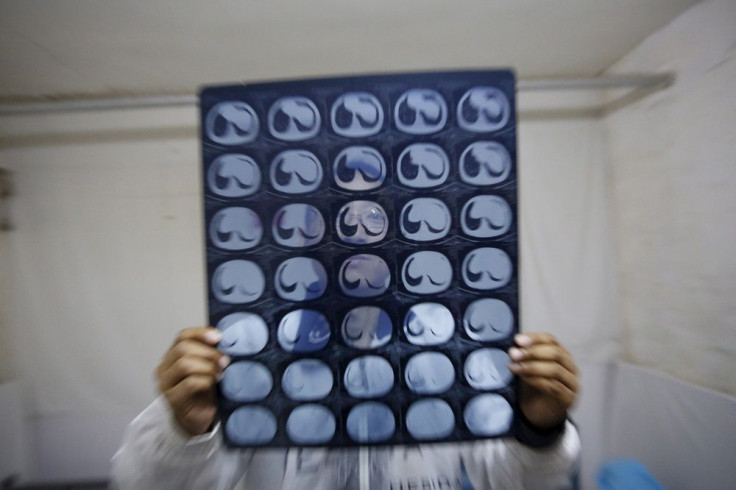New study says excesses of modern life is cause of cancer; disease is man-made

Cancer is the second-leading causes of death in the US, after cardiovascular diseases, claiming almost 600,000 lives yearly. In Australia, latest statistics estimate projected number of deaths from cancer in 2015 at about 46,570, while new cancer cases is at 126,800.
A new study review made by researchers at the University of Manchester in UK strongly suggests that the fatal disease is man-made. They point to environmental factors such as diet and pollution, or the excesses of modern life as the cause of the ailment.
The scientists studied literature and remains of mummies from ancient Greece and Egypt. The researchers from the university’s KNH Centre for Biomedical Egyptology found only one case of cancer among hundreds of Egyptian mummies. The few references in literature is another proof that cancer was extremely rare then.
However, age-related ailments such as brittle bones and hardening of the arteries were recorded, notes Theeventchronicle. Due to the lack of effective healthcare during those early times, there should have been a lot of cancer-related evidence – which were lacking – points out Michael Zimmerman, lead researcher.
The study, published in Nature Reviews Cancer, notes the sudden rise of cancer cases since the Industrial Revolution, especially childhood cancer which is a proof the disease is not linked to people living longer. “There is nothing in the natural environment that can cause cancer. So it has to be a man-made disease, down to pollution and changes to our diet and lifestyle,” states Professor Rosalie David from the university’s Faculty of Life Sciences.
The only case of cancer that Zimmerman found was rectal cancer on an unnamed mummy in an ordinary person who lived during the Dakhleh Oasis of the Ptolemaic period around 200-400 CE. Evidence of cancer in animal fossils was also scarce.
The team also performed radiological surveys of mummies from the Cairo Museum and other museums in Europe, but they failed to find real evidence of cancer. The first evidence were discovered in the past 200 years, specifically scrotal cancer among chimney sweeps in 1775, nasal cancer among snuff users in 1761 and Hodgkin’s disease in 1832.
Given their conclusion that cancer is man-made, David says, it is “something that we can and should address.”





















